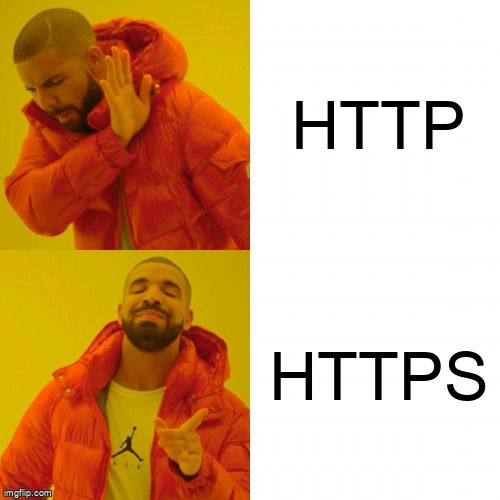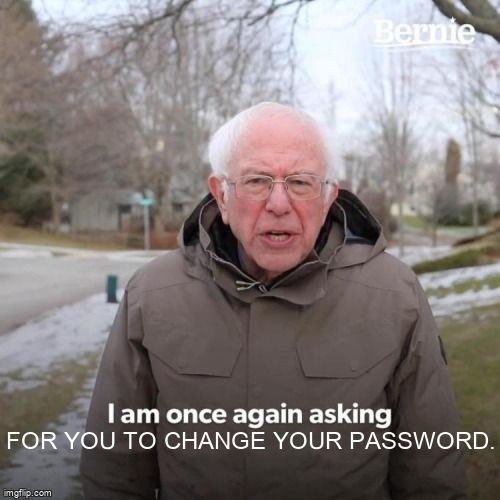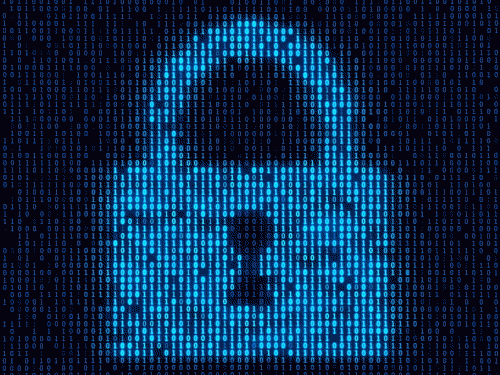Do you shop online? Have you ever gotten a false charge on your credit card, or been worried that your identity or financial information might be stolen?
You're not alone! Over 155 million Americans had their personal data exposed in 2020, much of it financial.
Do you know how to protect your financial data online from hackers and identity thieves?

Shop Online Safely
Make sure to use secure websites: look for https and a lock in the URL, not http
Use strong passwords: include numbers and special characters — avoid birthdays and pet names)
Change passwords regularly: experts recommend every 3 months!


Quiz
How often should you change your passwords?
Be Cautious With Your Data And Devices
 Look for these potential traps when shopping online, and even when minding your own business:
Look for these potential traps when shopping online, and even when minding your own business:
Watch your email! Have you ever gotten a suspicious email from your "friend" asking for emergency cash? Or even a notification saying you were hacked? DO. NOT. CLICK!
Watch your texts! Have you ever gotten a suspicious text saying your "package" was delivered, but you never even ordered one? Or even a promise with free prizes/gift cards? DO. NOT. CLICK!
If you're in public, be careful of public WIFI (e.g., airports, your local café, the mall, etc.). Identity thieves often use public WIFI as a way to hack into your devices.
Don't leave your devices unattended in a public place! And make sure to password protect them.
Stay away from your personal bank accounts, or sensitive personal data, on unsecured public networks.
Protect Your Personal Info

Keep personal info off of social media. You don't want to give away any sensitive information that people can use to dig into your finances.
Encrypt emails containing sensitive information. This will prevent hackers from being able to read the contents of your emails.
Get a monitoring service to keep tabs on your social security number usage. You'll be able to spot and report any unusual activity around your social security number.
Scenario 1: Rachel's Social Security Number
Rachel owns a small business. She received a letter that someone else submitted an unemployment claim in her name using her social security number. Rachel is self-employed, so she knows it is fraud. What should she do?
A. immediately report the claim to the Department of Labor as fraud
B. call her bank to ensure that her financial accounts/credit cards are safe from fraudulent charges and suspicious activity
C. find a way tomonitor her social security numberfor any more suspicious usage of her personal information
D. all of these
Quiz
What should Rachel do?
Scenario 2: Dan's Rental Application
Dan is trying to rent a new apartment and must submit personal information over the internet, including his tax returns, social insurance number, and bank statements. What should he do to protect this information?
A. ask for a secure portal to submit the information
B. use encrypted emails if a secure portal isn't available
C. send digital scans of the relevant files to the rental company via text over public wifi
D. all of these
Quiz
What should Dan do?
Take Action

To protect your financial information online:
Your feedback matters to us.
This Byte helped me better understand the topic.